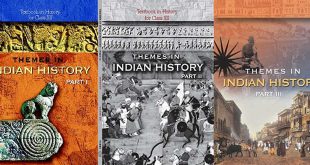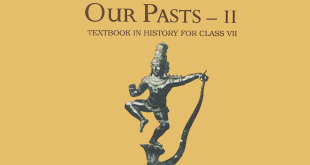Question: What created problems in unifying the people of India after it got independence?
Answer: The points that created problems were:
- At the time of independence, India’s population was large. It was divided too. There were divisions between high castes and low castes, between the majority Hindu corruptibility and Indians who practiced other faiths.
- The citizen of this country spoke different languages, wore different kinds of dresses, ate different kinds of foods and practiced different professions.
Question: What was the label of development of India at the time it got independence?
Answer: At the time India got independence the label of its development was very low. A vast majority of Indians lived in the villages. Farmers and peasants depended on the monsoon for their survival. So did the non-farm sector of the rural economy, for if the crops failed, barbers, carpenters, weavers and other service groups would not get paid for their services either.
In the cities too the condition was not good. Factory workers usually lived in crowded slums. They had little access to education and health care.
Question: What special privileges were offered for the poorest and most disadvantaqed Indians by the constitution?
Answer: First of all the practice of untouchability was abolished. Hindu temples were thrown open to all including the former untouchables.
- A certain percentage of seats in legislatures as well as jobs in government were reserved for members of the lowest castes.
- Along with the former untouchables, the adivasis also known as the Scheduled Tribes were also granted reservation in seats and jobs. They too had been deprived and discriminated against like the Scheduled Castes.
Question: How have powers and functions of the Central and State Governments been divided by the Constitution?
Answer: The Indian Constitution gives the division of power in the form of three lists, known as Union List, State List and Concurrent List. The Union List includes subjects such as taxes, defense and foreign affairs. On these subjects the central government makes the laws. The State List includes subjects such as education and health. It is the exclusive responsibility of the state government to take care of these subjects. In the last comes the Concurrent List which contains subjects such as forests and agriculture. On these subjects the Centre and the States have joint responsibility.
 Class Notes NCERT Solutions for CBSE Students
Class Notes NCERT Solutions for CBSE Students




